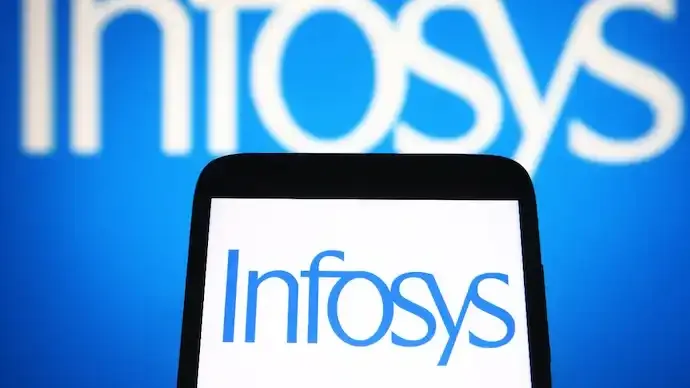Shopping cart
Your cart empty!
Terms of use dolor sit amet consectetur, adipisicing elit. Recusandae provident ullam aperiam quo ad non corrupti sit vel quam repellat ipsa quod sed, repellendus adipisci, ducimus ea modi odio assumenda.
Lorem ipsum dolor sit amet consectetur adipisicing elit. Sequi, cum esse possimus officiis amet ea voluptatibus libero! Dolorum assumenda esse, deserunt ipsum ad iusto! Praesentium error nobis tenetur at, quis nostrum facere excepturi architecto totam.
Lorem ipsum dolor sit amet consectetur adipisicing elit. Inventore, soluta alias eaque modi ipsum sint iusto fugiat vero velit rerum.
Sequi, cum esse possimus officiis amet ea voluptatibus libero! Dolorum assumenda esse, deserunt ipsum ad iusto! Praesentium error nobis tenetur at, quis nostrum facere excepturi architecto totam.
Lorem ipsum dolor sit amet consectetur adipisicing elit. Inventore, soluta alias eaque modi ipsum sint iusto fugiat vero velit rerum.
Dolor sit amet consectetur adipisicing elit. Sequi, cum esse possimus officiis amet ea voluptatibus libero! Dolorum assumenda esse, deserunt ipsum ad iusto! Praesentium error nobis tenetur at, quis nostrum facere excepturi architecto totam.
Lorem ipsum dolor sit amet consectetur adipisicing elit. Inventore, soluta alias eaque modi ipsum sint iusto fugiat vero velit rerum.
Sit amet consectetur adipisicing elit. Sequi, cum esse possimus officiis amet ea voluptatibus libero! Dolorum assumenda esse, deserunt ipsum ad iusto! Praesentium error nobis tenetur at, quis nostrum facere excepturi architecto totam.
Lorem ipsum dolor sit amet consectetur adipisicing elit. Inventore, soluta alias eaque modi ipsum sint iusto fugiat vero velit rerum.
Do you agree to our terms? Sign up

Infosys shares traded marginally lower on Friday as the company moved into the record date for its ₹18,000-crore share buyback, one of the biggest in its history. With November 14 set as the record date, only investors who owned Infosys shares on or before this date will be eligible to participate. Under India’s T+1 settlement cycle, buyers needed to purchase the stock by November 13 to qualify.
Infosys is executing the buyback through the tender offer route, offering ₹1,800 per share, which represents a premium of over 18% to the recent market price of approximately ₹1,515.
The company plans to repurchase 10 crore shares, equivalent to 2.41% of its total equity capital.
In line with Sebi regulations, 15% of the buyback portion is reserved for small shareholders, which typically gives retail investors a higher acceptance ratio compared to institutional categories.
Following the record date, Infosys will dispatch a Letter of Offer and the tender form to all eligible investors. The tender window will remain open for five working days, during which shareholders can submit shares for buyback consideration.
Once accepted, the payout will be credited directly to the investor’s bank account, and the repurchased shares will be extinguished permanently.
This buyback marks Infosys’ largest to date and its first in three years. Promoters, including Nandan Nilekani and Sudha Murthy, have opted out of participating, increasing the available quota for public shareholders.
The buyback provides an attractive opportunity for existing shareholders to sell a portion of their holdings at a premium. Retail investors, in particular, may see higher acceptance due to the dedicated reservation in their category.
However, buyback participation is not without risks.
Acceptance ratios are never guaranteed, and any unaccepted shares will remain subject to market fluctuations.
Taxation also matters: Current rules classify buyback gains as taxable income, reducing overall returns, especially for investors in higher tax brackets.
For long-term shareholders, staying invested may make sense given Infosys’ strategic focus, including recent growth-oriented acquisitions in cybersecurity and consulting. Short-term investors, meanwhile, may weigh the premium against tax implications and acceptance uncertainty before making a decision.
7
Published: Nov 14, 2025